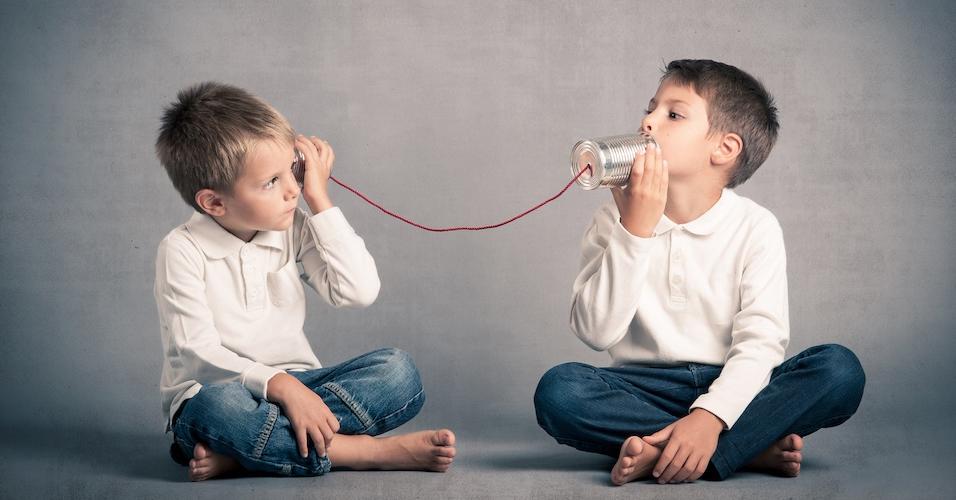Are you curious to know what is deaf dumb and blind? You have come to the right place as I am going to tell you everything about deaf dumb and blind in a very simple explanation. Without further discussion let’s begin to know what is deaf dumb and blind?
What Is Deaf Dumb And Blind?
The terms “deaf,” “dumb,” and “blind” have been used historically to describe individuals with sensory impairments. However, they have evolved over time, and today, these terms are considered outdated and offensive. Instead, we use more respectful and accurate language to describe individuals with sensory impairments. In this blog, we will explore the historical context of these terms, the challenges faced by individuals with sensory impairments, and the remarkable achievements of those who have triumphed over adversity.
Understanding The Historical Context
- Deaf: In the past, “deaf” was used to describe individuals with hearing impairments. While it is still used to refer to a person’s hearing condition, it’s now considered more respectful to use phrases like “hard of hearing” or “hearing-impaired.”
- Dumb: “Dumb” historically referred to individuals with speech impairments or those who couldn’t speak. However, this term is no longer used due to its negative and derogatory connotations. Today, we use “nonverbal” or “non-speaking” to describe individuals who communicate using methods other than speech, such as sign language or communication devices.
- Blind: “Blind” continues to be used to describe individuals with visual impairments, although terms like “visually impaired” or “low vision” are also considered more respectful.
The Challenges Faced By Individuals With Sensory Impairments
Living with sensory impairments presents unique challenges that require adaptation, support, and understanding from both individuals and society:
- Communication: Deaf and nonverbal individuals often face challenges in communicating with others who may not understand sign language or alternative communication methods.
- Accessibility: Blind individuals encounter accessibility issues in their physical environment and digital spaces, making tasks like navigation and online reading challenging.
- Social Stigma: Sensory impairments can sometimes lead to social isolation and stigma, as people may lack awareness or understanding of these conditions.
- Education and Employment: Access to quality education and employment opportunities can be limited for individuals with sensory impairments.
Triumph Over Adversity
Despite the challenges they face, many individuals with sensory impairments have achieved remarkable feats and made significant contributions to society. Some notable examples include:
- Helen Keller: Deaf and blind from a young age, Helen Keller overcame her disabilities to become an author, political activist, and lecturer. Her life story inspired countless others.
- Beethoven: The famous composer Ludwig van Beethoven experienced hearing loss but continued to create some of the world’s most celebrated music.
- Stephen Hawking: Renowned physicist Stephen Hawking, diagnosed with ALS (Amyotrophic Lateral Sclerosis), continued to make groundbreaking contributions to the field of theoretical physics.
- Temple Grandin: Dr. Temple Grandin, who is on the autism spectrum, became a leading advocate for autistic individuals and a renowned animal behaviorist.
- Marlee Matlin: Deaf actress Marlee Matlin won an Academy Award for her role in “Children of a Lesser God” and has been a strong advocate for the deaf community.
Conclusion
The outdated terms “deaf,” “dumb,” and “blind” have been replaced by more respectful and accurate language when referring to individuals with sensory impairments. These individuals face unique challenges but continue to demonstrate resilience, determination, and the capacity to achieve extraordinary success. Society’s understanding and support are crucial in creating an inclusive world where individuals with sensory impairments can thrive and contribute their talents and perspectives to the fullest.
FAQ
What Is The Term Deaf And Dumb?
“Deaf and dumb” (or even just “dumb”, when applied to deaf people who do not speak) is an archaic term that is considered offensive. Many Deaf people do not use a spoken language, thus they are technically “mute”. The word “dumb” has at least an archaic meaning that means “mute”.
What Do You Call Deaf And Blind?
Members of the deafblind community have diverse backgrounds but are united by similar experiences and a shared, homogeneous understanding of what it means to be deafblind. Some deafblind individuals view their condition as a part of their identity.
How Does A Deaf And Dumb Person Communicate?
Generally deaf and dumb people use sign language for communication but they find difficulty in communicating with others who don’t understand sign language. Sign language is an expressive and natural way for communication between normal and dumb people (information majorly conveyed through the hand gesture).
Has Anyone Been Blind Deaf And Mute?
When she was nineteen months old, an illness left Helen deaf, blind, and mute. An excitable, energetic child, she showed such signs of great intelligence that her mother sent for a private teacher. The teacher, young Anne Sullivan, herself formerly blind, managed to break through to communicate with Helen.
I Have Covered All The Following Queries And Topics In The Above Article
I Cannot Be Other Than What I Am
What Is Deaf Dumb And Blind Riddle
What Is Deaf Dumb And Blind But Always Tells The Truth What Am I
Deaf, Dumb Blind Riddle Answer
Deaf, Dumb And Blind Origin
Deaf Dumb Blind Meaning In Hindi
What Stays Hot Even If Put In A Fridge
I Cannot Be Other Than What I Am, Until The Man
What Is Deaf Dumb And Blind
What is deaf, dumb and blind and tells the truth

